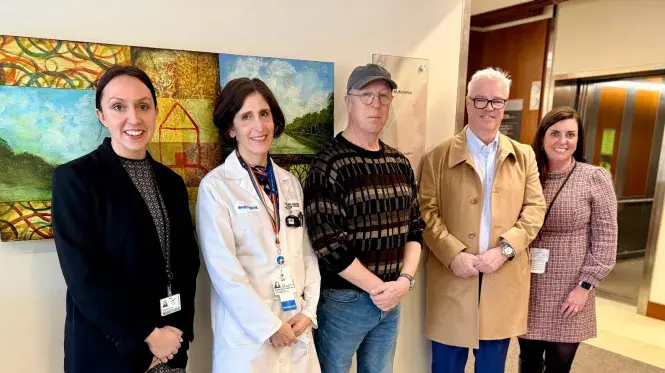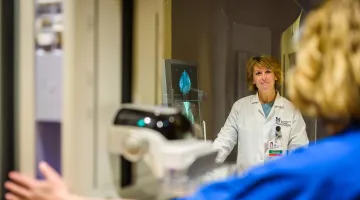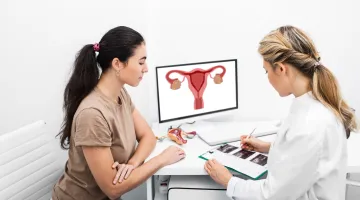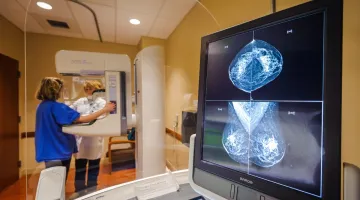
Get Care Today
Contact Us
- Main Line
781-624-8800 - Patient Relations
781-624-8888
Home Healthcare
Physical Therapy And Wellness
What Are You Looking For?
- Primary Care
- Speciality Care & Clinics
- Hospitals
- Virtual Visit
- Urgent Care
- South Shore Hospital
- South Shore Medical Center - Norwell
- South Shore Medical Center - Kingston
- South Shore Medical Center - Quincy
- Women's Center of South Shore Medical Center
- South Shore Health Outpatient Care Center
- South Shore Health Center for Wound Healing
- Pain Management Clinic
- Outpatient Imaging and Mammography
- Dana-Farber Brigham Cancer Center at South Shore Health
- Dana-Farber Brigham Cancer Center at South Shore Health - Radiation Oncology













